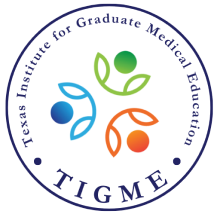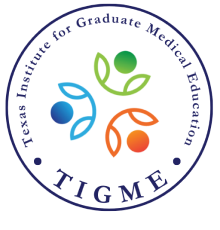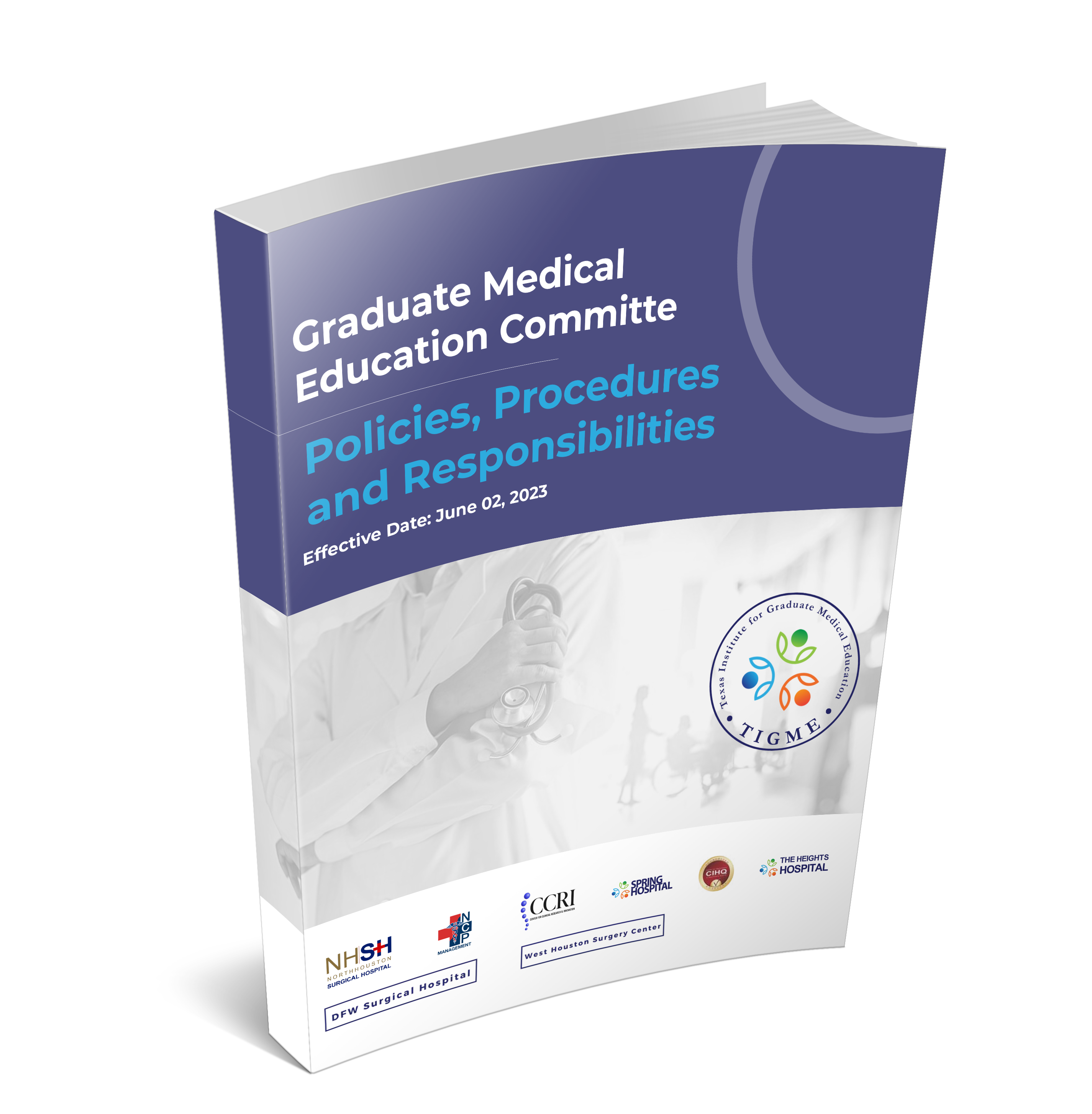Medical & Surgical
A Message From Dr. Rao

I am excited to share with you an exceptional opportunity that is designed to shape the future of medical practice and patient care – the Graduate Medical Education (GME) Program, Texas Institute for Graduate Medical Education (TIGME).
Our partners in the consortium are committed to excellence in healthcare, and our GME program is a testament to that commitment. At TIGME, we understand the pivotal role that continuous education and training play in nurturing the next generation of medical professionals.
Our GME program is designed to provide medical graduates with an immersive and comprehensive experience that bridges the gap between theoretical knowledge and practical application. Through a combination of rigorous clinical rotations, dedicated academic sessions, mentorship by experienced physicians, and exposure to cutting-edge research, our program equips participants with the skills, knowledge, and confidence needed to excel in their chosen specialties.
The field of medicine is rapidly changing which necessitates that we structure our programs to meeting the dynamic nature of this profession. As such, we have added numerous didactic sessions on the topics of leadership development, the role of artificial intelligence in medicine, business of medicine, etc.
To learn more about our GME program contact us at [email protected]. We look forward to welcoming you into our community of passionate learners and dedicated healthcare providers. Together, we can create a brighter and healthier future for all!
Thank you.
Regards,
Dr. Sohail Rao, President
Texas Institute for Graduate Medical Education

Texas Institute for Graduate Medical Education (TIGME) is a nonprofit entity that has been established as a consortium with the objective of creating outstanding education and training opportunities for medical and podiatry residents. At TIGME, we strive to foster an environment of academic excellence, innovation, and collaboration, where residents and fellows receive comprehensive training, mentorship, and resources to develop clinical competence, critical thinking skills, and a deep understanding of medical ethics. Through a diverse and inclusive learning community, we aim to cultivate a culture of professionalism, teamwork, and cultural competency, empowering our graduates to make meaningful contributions to patient care, medical research, and healthcare delivery while upholding the highest standards of quality, safety, and evidence-based practice.
About Internal Medicine
Internal medicine is a medical specialty that focuses on the prevention, diagnosis, and treatment of adult diseases. Physicians specializing in internal medicine, known as internists or internal medicine specialists, are highly trained in managing a wide range of complex medical conditions and providing comprehensive care for adult patients.
Here are some key aspects of internal medicine:
Adult Healthcare
Internal medicine primarily focuses on the care of adult patients, ranging from young adults to seniors. Internal medicine specialists are trained to address a wide spectrum of medical issues that commonly affect adults, including chronic diseases, acute illnesses, and preventive care.
Comprehensive and Continuity of Care
Internal medicine emphasizes comprehensive and continuous care. Internists take a holistic approach to patient health, considering various factors such as medical history, lifestyle, and social determinants of health. They develop long-term relationships with their patients to provide ongoing care and manage complex medical conditions.
Diagnostic and Problem-Solving Skills
Internists are skilled diagnosticians, adept at identifying complex medical conditions and determining the underlying causes of symptoms. They utilize their knowledge and expertise to perform thorough evaluations, order appropriate diagnostic tests, and develop individualized treatment plans.
Management of Chronic Conditions
Internal medicine specialists play a crucial role in managing chronic diseases such as diabetes, hypertension, heart disease, respiratory disorders, and autoimmune conditions. They focus on disease management, risk assessment, and preventive measures to improve patients’ quality of life.
Preventive Care and Health Promotion
Internists prioritize preventive care and health promotion to minimize the risk of diseases. They provide routine screenings, immunizations, and lifestyle counseling to help patients maintain optimal health and prevent future health problems.
Coordination of Care
Internal medicine specialists often act as primary care physicians, coordinating and overseeing their patients’ overall healthcare. They collaborate with other specialists and healthcare professionals to ensure continuity and integration of care across different medical disciplines.
Multidisciplinary Approach
Internal medicine encompasses various subspecialties, such as cardiology, gastroenterology, endocrinology, infectious diseases, and rheumatology. Internists may refer patients to these subspecialists for further evaluation and treatment of specific medical conditions.
Hospital-Based Care
Internal medicine specialists often provide care to hospitalized patients. They manage acute illnesses, provide consultations to other specialties, and coordinate treatment plans during the hospital stay. Additionally, internists are trained in critical care medicine, allowing them to care for patients in intensive care units.
Internal medicine is a vital field in healthcare, focusing on the comprehensive management of adult patients and the diagnosis and treatment of complex medical conditions. Internal medicine specialists provide personalized care, promote preventive measures, and strive to improve patient outcomes through effective disease management and health promotion.
Current Status of AGCME Accredidation
The Texas Institute for Graduate Medical Education (TIGME) has submitted its application for Institutional Accreditation (July 18, 2023) to ACGME. Residency in Internal Medicine is among the first program to be initiated by TIGME. Please come back for updated information in Sping 2024.

About Family Medicine
Family medicine is a medical specialty that focuses on comprehensive and continuous healthcare for individuals and families of all ages. Family physicians, also known as family doctors or general practitioners, are trained to provide primary care services and manage a wide range of health conditions.
Here are some key aspects of family medicine:
Primary Care
Family medicine is often referred to as primary care because family physicians are typically the first point of contact for patients seeking medical care. They provide preventive care, diagnose, and treat common illnesses and injuries, and manage chronic conditions.
Holistic Approach
Family physicians take a holistic approach to healthcare, considering the physical, mental, and social well-being of their patients. They emphasize preventive care, health promotion, and disease prevention.
Continuity of Care
Family doctors aim to establish long-term relationships with their patients, providing care over their lifespan. This continuity of care allows physicians to develop a deep understanding of their patients’ medical history, family dynamics, and overall health.
Broad Medical Knowledge
Family physicians have broad training and knowledge in various medical areas, including pediatrics, internal medicine, gynecology, psychiatry, and geriatrics. This enables them to provide comprehensive care to patients of all ages, from newborns to seniors.
Health Maintenance and Preventive Care
Family doctors focus on promoting healthy lifestyles and disease prevention. They provide routine check-ups, vaccinations, screenings, and counseling on topics such as nutrition, exercise, and smoking cessation.
Acute and Chronic Disease Management
Family physicians diagnose and treat a wide range of acute illnesses, such as respiratory infections, urinary tract infections, and minor injuries. They also manage chronic conditions like diabetes, hypertension, asthma, and arthritis, providing ongoing care and coordination with specialists when needed.
Referrals and Coordination
Family physicians act as a central point of contact within the healthcare system and can coordinate referrals to specialists when necessary. They collaborate with other healthcare providers to ensure continuity and quality of care for their patients.
Patient Education and Empowerment
Family doctors play a vital role in educating patients about their health conditions, treatment options, and self-care strategies. They empower patients to actively participate in their own healthcare decisions.
Family medicine is essential in providing primary care services to individuals and families, promoting overall health and well-being, and managing a wide range of medical conditions. Family physicians are committed to building strong doctor-patient relationships and providing personalized, comprehensive care throughout a patient’s life.












